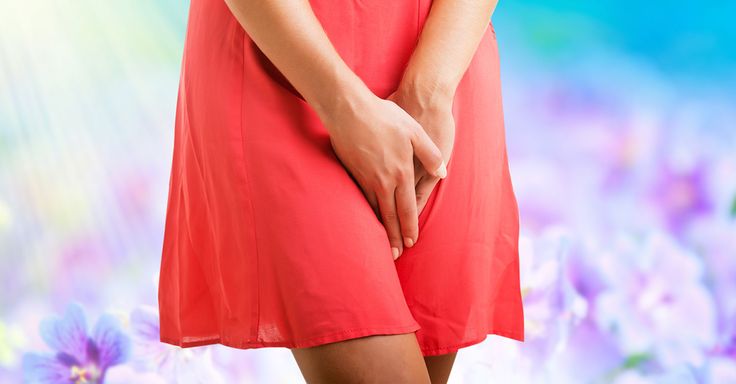What is Vaginal Dryness?
Hormone changes during menopause can make the vaginal walls thinner, which leads to diminished lubrication. This lack of lubrication leads to pain during sex; it can also cause persistent discomfort in the pelvic region.
Here are the key effects of vaginal dryness:
- Burning
- Loss of sex drive
- Pain during intercourse
- Light bleeding after intercourse
- Soreness
- Persistent urinary tract infections
- Itching
What Causes Vaginal Dryness?
A drop in estrogen is the most common cause of vaginal dryness. At the end of menstruation, a time called perimenopause, her body starts producing less estrogen. However, menopause and perimenopause are not the only causes of hormone-related vaginal dryness. Others include:

- Breastfeeding
- Smoking
- Depression
- Stress
- Immune system disorders (Sjögren’ssyndrome)
- Childbirth
- Tough exercise
- Some cancer treatments
- Surgery to remove the ovaries
When Does Vaginal Dryness Require Medical Attention?
Vaginal dryness is rarely serious; synthetic lubricants are widely available and can help reduce pain during sex. However, in some cases this dryness can lead to sores or cracking in vaginal tissues.
Severe vaginal bleeding is a sign to visit the doctor immediately. A physician may examine the vaginal walls to look for any cuts or thinning skin. He may also take a vaginal discharge sample to test for infection.
Do you suffer from vaginal dryness? NOW ENROLLING – See if you qualify for Segal Institute’s clinical research study on vaginal dryness by filling out our prescreen form below!
Source: Healthline PhotoCred: YourTango


